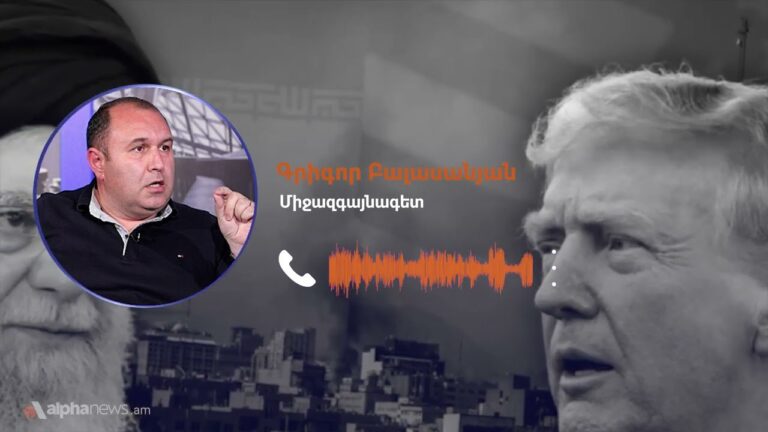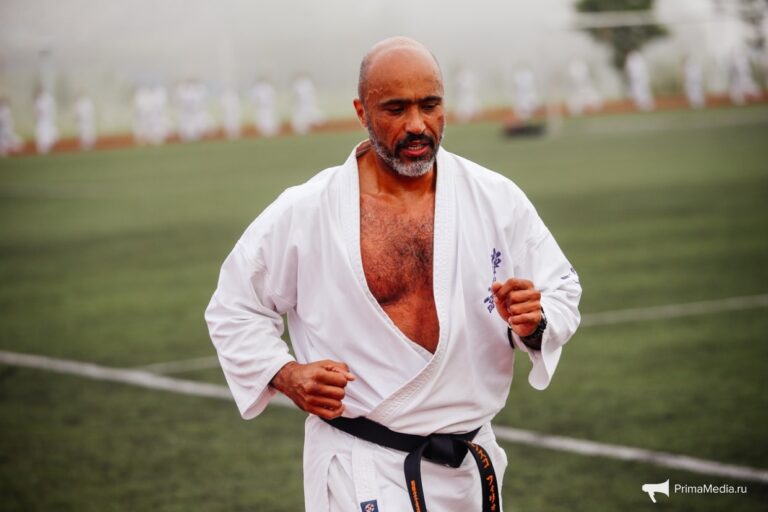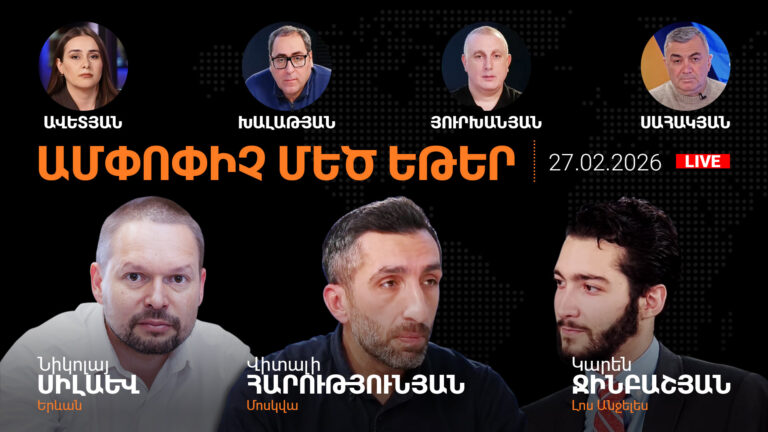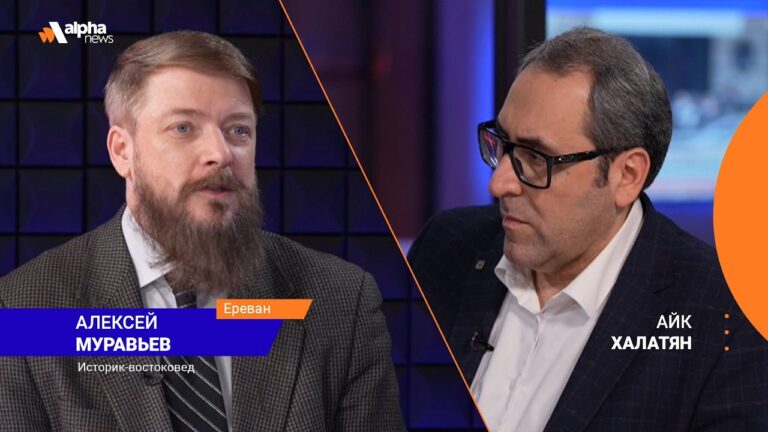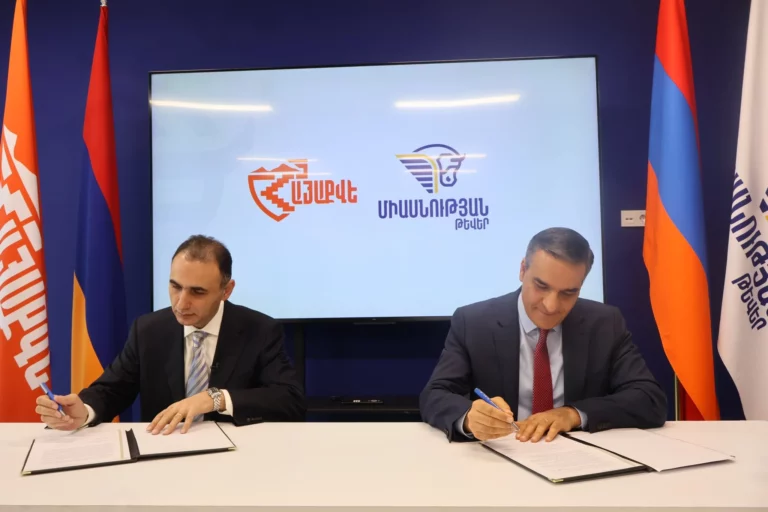What is the Armenian government doing on the list of those entities that consider Armenia an aggressor?
February 08 2024, 14:15
Returning again and again to the topic of the snap presidential election in Azerbaijan, we have to reiterate that the main political project with which Ilham Aliyev goes to these elections is an “Armenian-centric project”, the essence of which is to make Armenia “Western Azerbaijan”.
In the context of this existential threat, Nikol Pashinyan has made a statement that the task of the Armenian authorities should be the “delegitimization of aggression by Azerbaijan” and this is what the expected constitutional referendum should do.
In his latest interview, Pashinyan devoted a significant part of his airtime to this topic, in particular stating the following: “Just as we have the task of legitimacy, so he has the task of legitimizing his potential aggression against us. He needs this legitimacy to be full, and if he has aggressive ambitions—and it seems that he does—he needs us to give him this legitimacy.
Therefore, he must do everything so that there is no such discourse in Armenia. He wants Armenia to have an opposite discourse, which he calls revanchism, so that they say: you see, in Armenia, even inside the government and in different places, there are forces that threaten our security. They need this to legitimize their aggression for the outside world and the internal audience. And those who say that the people of Azerbaijan want war—no nation wants war. But if there are aggressive plans, then what can it do? If there are such plans, the government must convince its people that if it does not show this aggression, they, themselves, will become victims of aggression.”
To put it differently, Pashinyan declares that the documents underlying the formation of Armenian statehood and the Third Republic are based on ideas and principles that can easily be interpreted as the aggressive nature of the modern Armenian state. So, it turns out that, at its core, the Armenian state is an aggressive entity—it is an aggressor.
Wait a minute. Does it mean that Nikol Pashinyan considers Armenia an aggressor? And who else, besides Nikol Pashinyan, has the same opinion? Practical policy shows that Pakistan, Turkey, Azerbaijan, and Nikol Pashinyan himself consider Armenia the aggressor.
This is not an idle question. It requires detailed analysis, as it is one of the foundations on which the Armenian authorities will try to build a manipulative and aggressive campaign to lobby for the adoption of a new Constitution.
So, the Declaration of Independence of Armenia was adopted in the summer of 1990. After the adoption of the Declaration of Independence, Armenia not only declared its independence in a national referendum but also became a member of such supranational entities as the United Nations, the Council of Europe, the CIS, the Organization for Security and Cooperation in Europe, the CSTO, the Eurasian Economic Union, and the International Monetary Fund. Armenia is not a member of NATO, but it participates in the NATO Partnership for Peace program. It also participates in the EU Eastern Partnership program. Armenia has diplomatic relations with 172 countries of the world.
These are the organizations and integration associations that focus on both cooperation with the West and cooperation with Russia. We joined a number of organizations during and after the active period of the First Artsakh Liberation War. However, none of the organizations has ever had any complaints about the Declaration of Independence of Armenia—that it allegedly reflects territorial claims against Armenia’s neighbors.
Moreover, since 1992, Armenia has been a member of the CSTO, an openly military association. It turns out that according to the logic of the Armenian authorities, we were accepted into the CSTO because we have territorial claims against Turkey. Moreover, Azerbaijan was also a member of the CSTO for a short period (1993–1999); did the official Baku also support Armenia’s “territorial claims” to Turkey?
It is clear that there was nothing like that, and statements about the “aggressive nature of the Third Republic” are aimed only at creating a basis for subsequent manipulation of public opinion. Manipulations aimed at preventing citizens from realizing that the adoption of a new Constitution and the rejection of the current Declaration of Independence are only steps towards the dissolution of Armenian statehood.
In fact, we have a situation where the question “What is the Armenian government doing on the list of those entities that consider Armenia an aggressor?” is legitimate.

